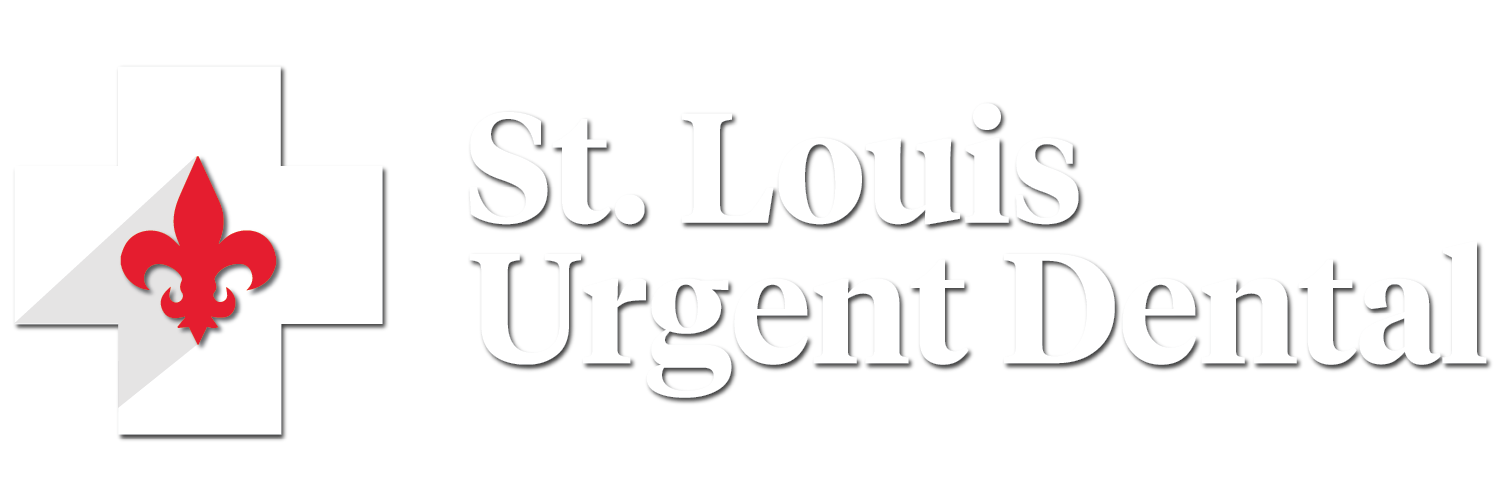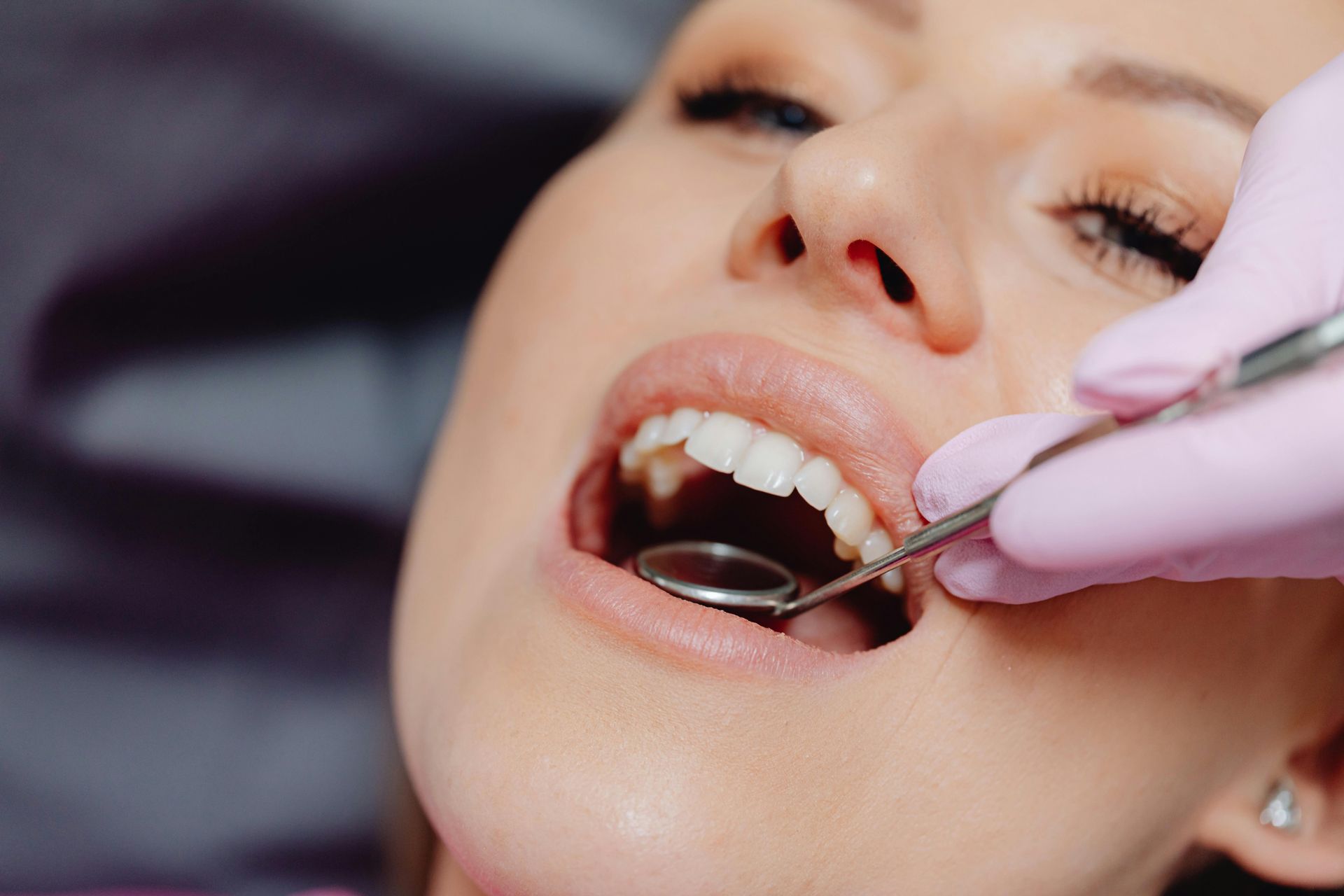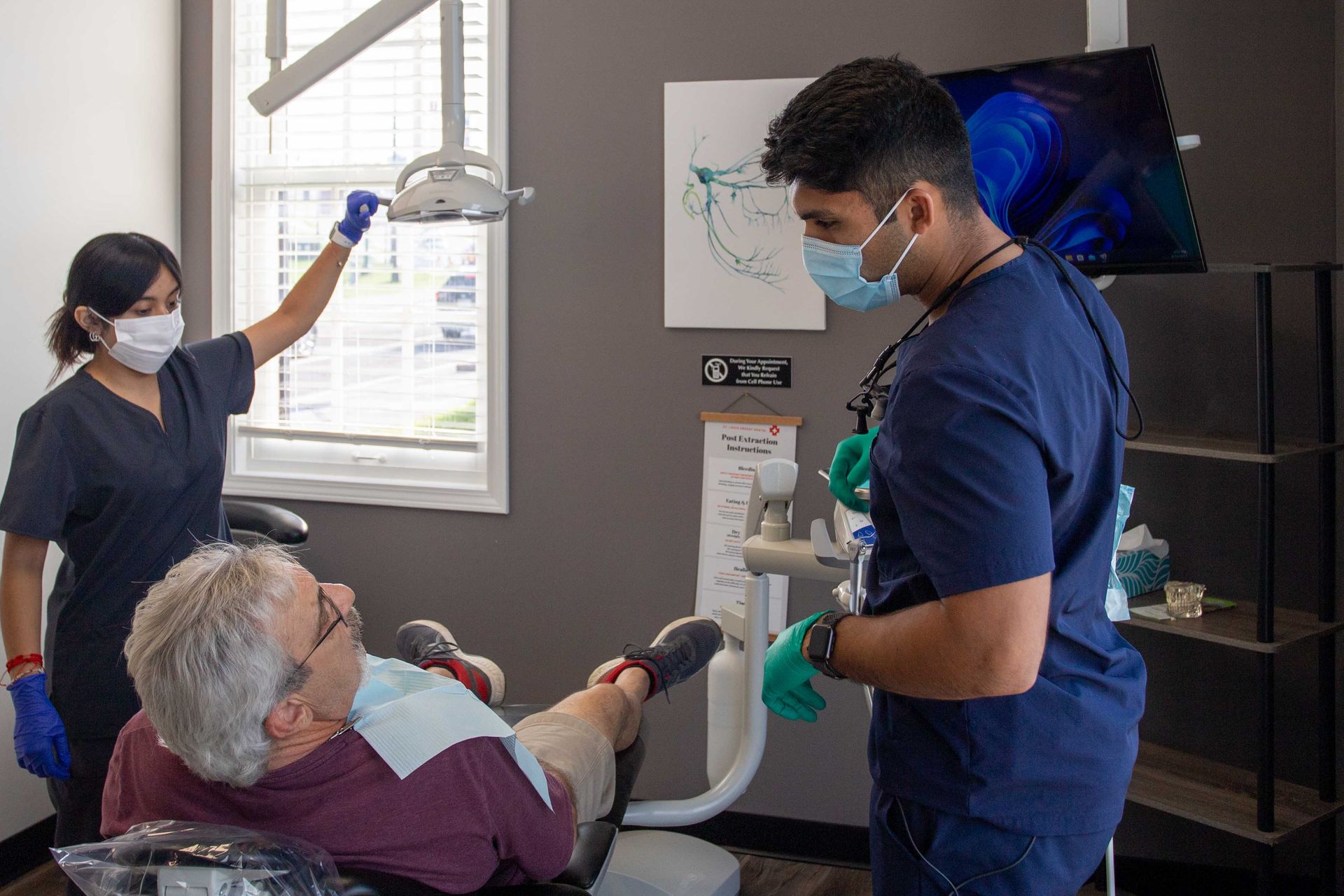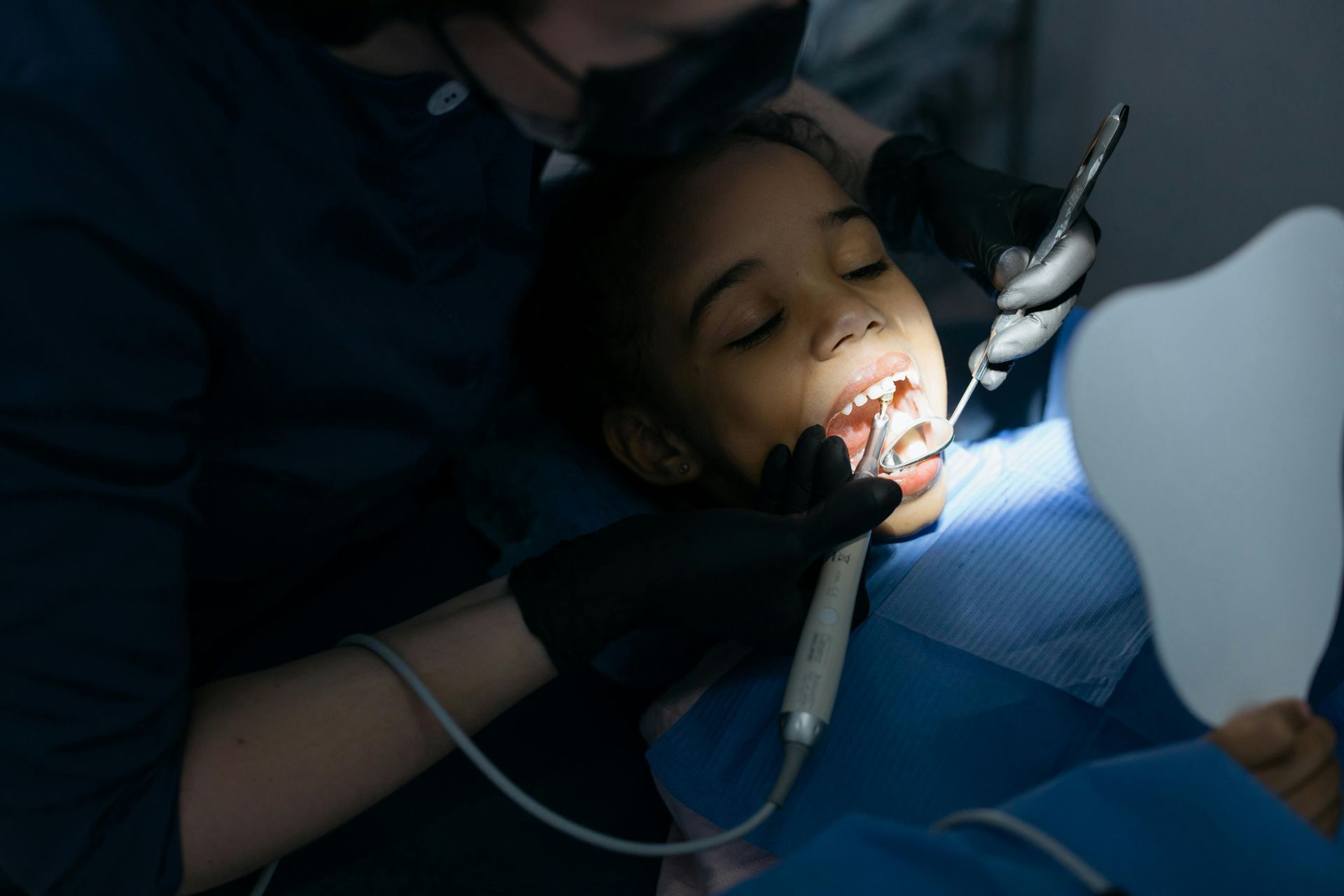Oral Hygiene Tips for the Holidays
As the holiday season approaches, festivities, family gatherings, and indulgent feasts become the norm. Amidst the joy and celebration, it's easy for individuals to neglect their oral hygiene, putting their dental health at risk. However, with the new year approaching, it's the perfect time to instill better oral health habits.
In this blog post, we'll explore the impact of holiday celebrations on oral health and provide practical tips to ensure a healthy and vibrant smile throughout the season and into the new year.
The Impact of Holiday Celebrations on Oral Health
The holiday season often brings an abundance of sugary and acidic foods, from decadent desserts to festive beverages. These indulgences can wreak havoc on our teeth, leading to cavities and other dental issues. Irregular eating patterns and constant snacking (common during holiday parties) contribute to the problem. Additionally, the consumption of alcohol can dry out the mouth, reducing saliva production and increasing the risk of tooth decay.
Brushing and Flossing
Remember to brush and floss regularly, especially during the holidays. If you have kids, encourage them to choose a soft-bristled toothbrush and fluoride toothpaste to take with them during holiday traveling. Provide tips on proper brushing techniques, emphasizing the need to brush for at least two minutes, reaching all surfaces of the teeth.
Healthy Eating Habits
During holiday gatherings, suggest and partake in tooth-friendly food choices like cheese, nuts, and crunchy vegetables. Limiting the consumption of sugary and acidic treats and including high-fiber foods in their diets is essential. Fiber-rich foods help stimulate saliva production, neutralize acids, and promote good oral health.
Stay Hydrated
Stress the importance of staying hydrated, especially when consuming alcohol or indulging in holiday treats. Water helps rinse the mouth, removing food particles and reducing the acidity that can harm tooth enamel. Staying hydrated is especially important while traveling. When traveling with children, parents should be sure to pack water bottles for the whole group and have designated "water breaks."
Family Dental Challenges
Make oral care a fun family affair by creating dental challenges—Challenge family members to a "two-minute brush-off" or a flossing competition. Parents can consider offering small rewards for consistent oral hygiene practices for their children.
Stocking Stuffers for Oral Health
Consider dental-friendly stocking stuffers like flavored toothpaste, fun toothbrushes, or sugar-free gum. By incorporating oral care into gift-giving traditions, you can make it an exciting part of the holiday season.
Setting Oral Health Resolutions
Everyone should set specific oral health goals for the new year. Whether committing to daily flossing, reducing sugary snacks, or attending regular dental check-ups, having clear resolutions can motivate positive habits.
Scheduling Dental Check-ups
Stress the importance of regular dental check-ups and offer convenient scheduling options for the new year. Starting the year with a comprehensive dental examination allows for the early detection and prevention of potential issues.

Give St. Louis Urgent Dental A Call!
Amid holiday celebrations, it's crucial to pay attention to the importance of maintaining good oral hygiene. By following these practical tips and incorporating oral health into holiday traditions, individuals can enjoy the festivities while safeguarding their smiles. As we approach the new year, let's prioritize our oral health and commit to positive changes that will last well beyond the holiday season.
Schedule an appointment with our St. Louis Urgent Dental team for any dental emergencies or after-hours care. We now have three locations in Greater St. Louis: St. Charles, South County, and our newest Forest Park location on Oakland Avenue. We are ready to serve you!






